The Grieving Mother Who Met with Abu Mazen: 'I Published a Book with the Most Right-Wing Person I Knew'
Yossi Zur and Iris Segev are bereaved parents: Iris is an extreme leftist activist who met with Abu Mazen, while Yossi advocates for harsher penalties for terrorists and stronger Israeli deterrence. Despite their differences, they sat together to write a groundbreaking book about bereavement, differing opinions, and the necessity to unite.
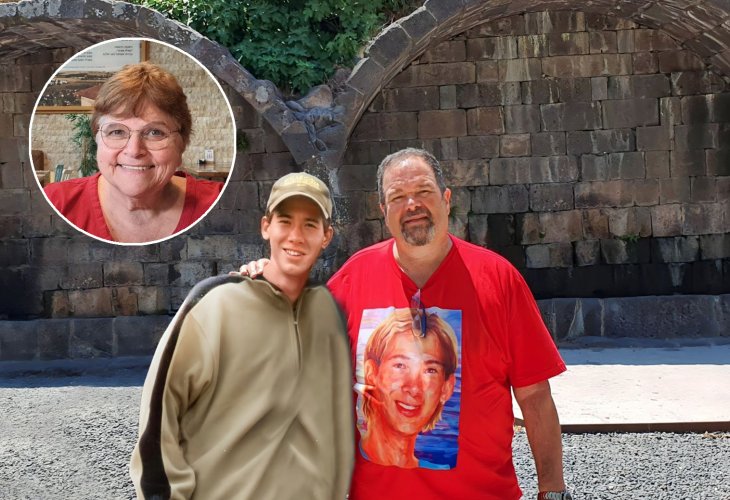 In the circle: Iris Segev
In the circle: Iris SegevBereavement, as is known, is a tragedy that affects all segments of Israeli society. It reaches everywhere and does not differentiate between right and left, between sector and sector, or between one political view and another.
However, following bereavement, each person chooses to conduct themselves differently. For example, Yossi Zur, father of Asaf Zur, who was murdered in an attack in Haifa twenty years ago, has since been campaigning vigorously for harsher punishment and deterrence of terrorists. In contrast, Iris Segev, whose son Nimrod was killed in the Second Lebanon War, chooses to act in the opposite way - she is a member of the Israeli-Palestinian Bereaved Families Forum and is willing to meet anyone possible to make peace.
Yossi views Iris's views as disastrously naive, while Iris sees Yossi's views as despair that will only increase the bloodshed. So how is it that these two extreme individuals are releasing a joint book, under the title 'Left, Right, Bereavement'? We went to talk to them and get answers to all the questions.
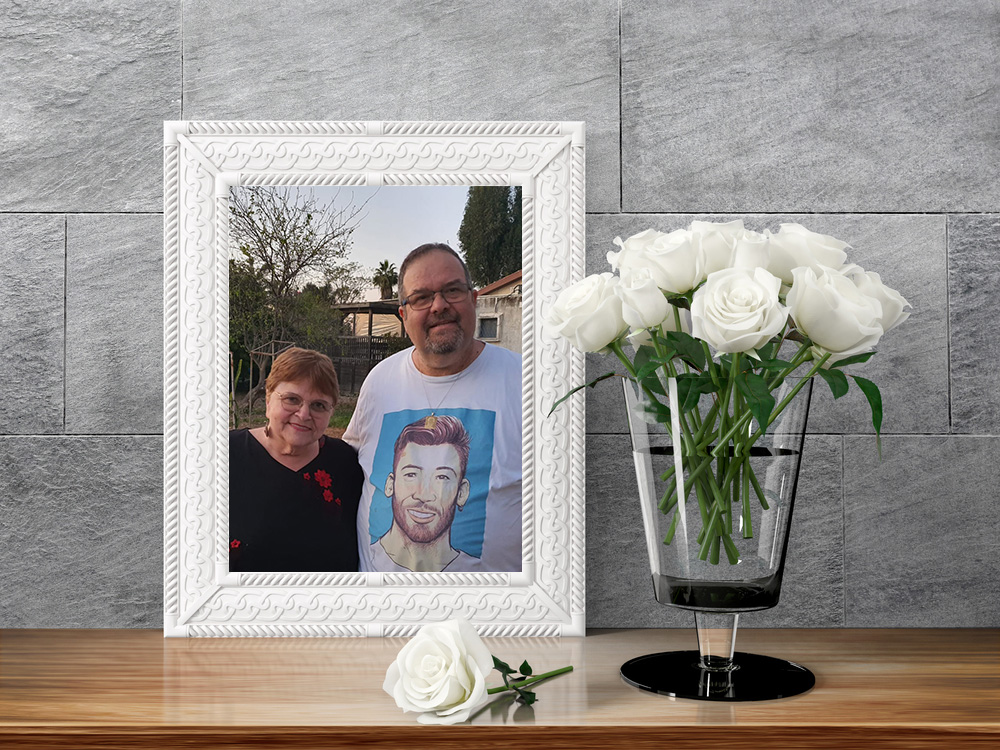 Yossi and Iris Segev
Yossi and Iris Segev
Endless Longing
Yossi Zur, 64, from Haifa, is a father of four sons, a software engineer by profession. "My life stopped about 20 years ago when my 17-year-old son was murdered in an attack on bus line 37 on the way to Carmel," he says. "On the day Asaf was killed, I felt as if a hundred-kilogram weight was hung on my back, and every day that passes adds another kilo, and the pain intensifies. The only thing that has changed over the years is that on the day Asaf died, I had many memories and little longing, but today, twenty years later, I have few memories of him, and a lot of longing, and each of these components enhances the pain. It hurts me that we no longer remember his voice or scent, no longer remember what he would have said about everything, how he would have moved, and so on. On the other hand, the longing only grows because it is simple longing for your 17-year-old child who was killed and also longing for how he would have looked today at age 37."
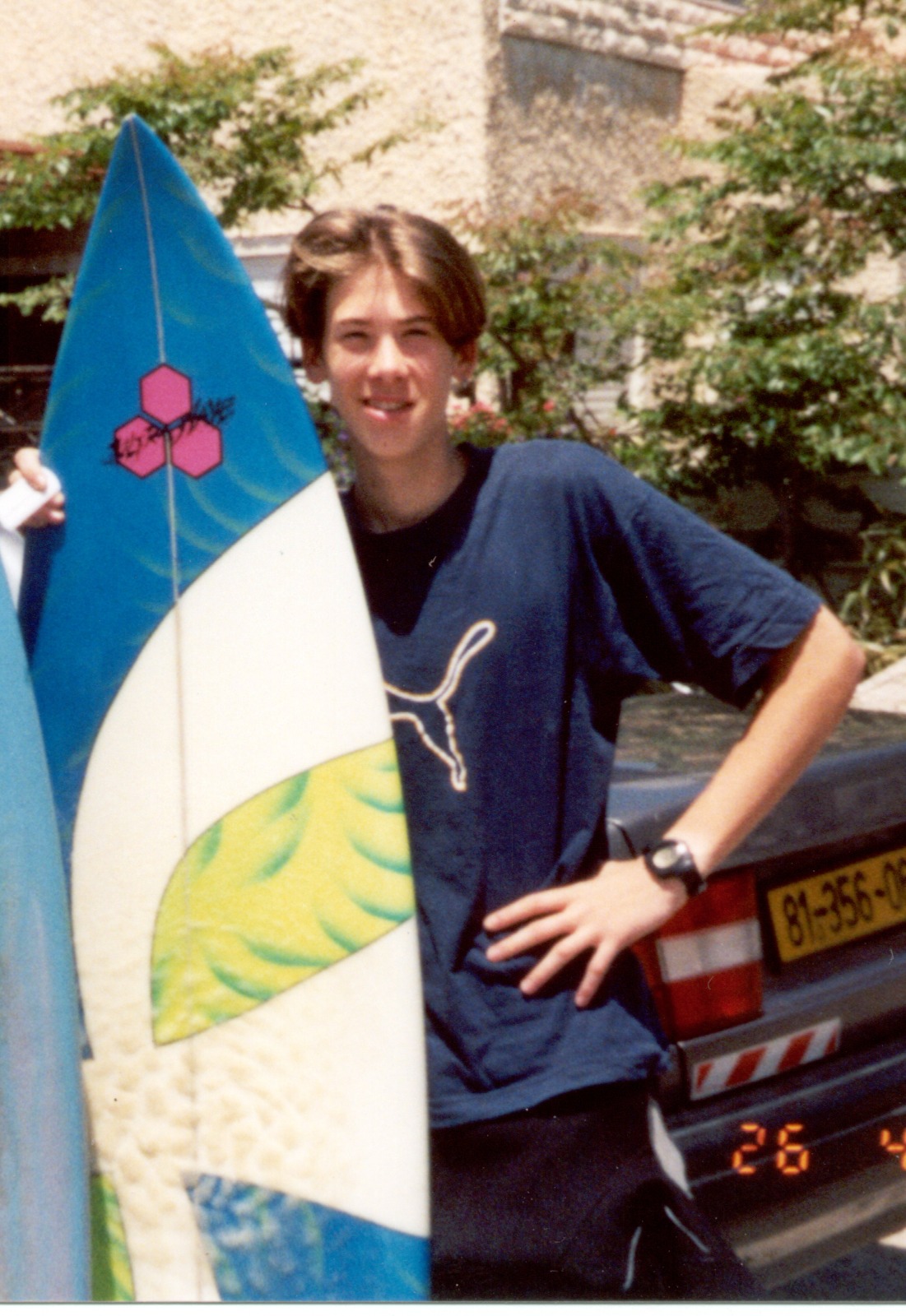 Asaf Zur
Asaf ZurYossi notes that since the attack, his life has changed by 180 degrees. Although he held right-wing views before, he was not active in any way, mainly keeping his opinions to himself. However, since his son was murdered, he began to work with organizations with a distinctly right-wing character related to combating future terrorism and opposing the release of terrorists. "I have been involved in several significant struggles over the years," he details, "I was among the first to lead the campaign against the Shalit deal, and later in 2013, I was among the activists who opposed setting up the Arab bank, and I was involved in many activities on the right side of the map. Just at the beginning of this year, we fought against a terrorist who was sentenced to only 20 years because of a scandalous plea deal and was released from prison.
Alongside the numerous struggles to prevent further terror victims, I have also done a great deal of memorial work, out of a strong desire to keep Asaf in awareness, and out of the belief that as long as we talk about him, remember him, and see his pictures, he is still living with us and within us."
"My acquaintance with Yossi began when we became bereaved parents," shares Iris Segev, "We met on several occasions through organizations for bereaved families, and later we were also active participants in an Internet forum for bereaved parents and trauma victims. We both wrote on that forum and expressed our thoughts and opinions regarding bereavement. One day, something surprising was revealed to us – we discovered that my cousin is Yossi's best friend. This led to us meeting often at family events, so Yossi got to know my family, and I got to know his. In every meeting we had, I proudly presented my photos of meeting with Abu Mazen, and Yossi displayed pictures of memorials and people hurt by the hostility. It was clear to everyone that we were extremely different, and the conversations we had quickly showed that there was no way to bridge the two sides."
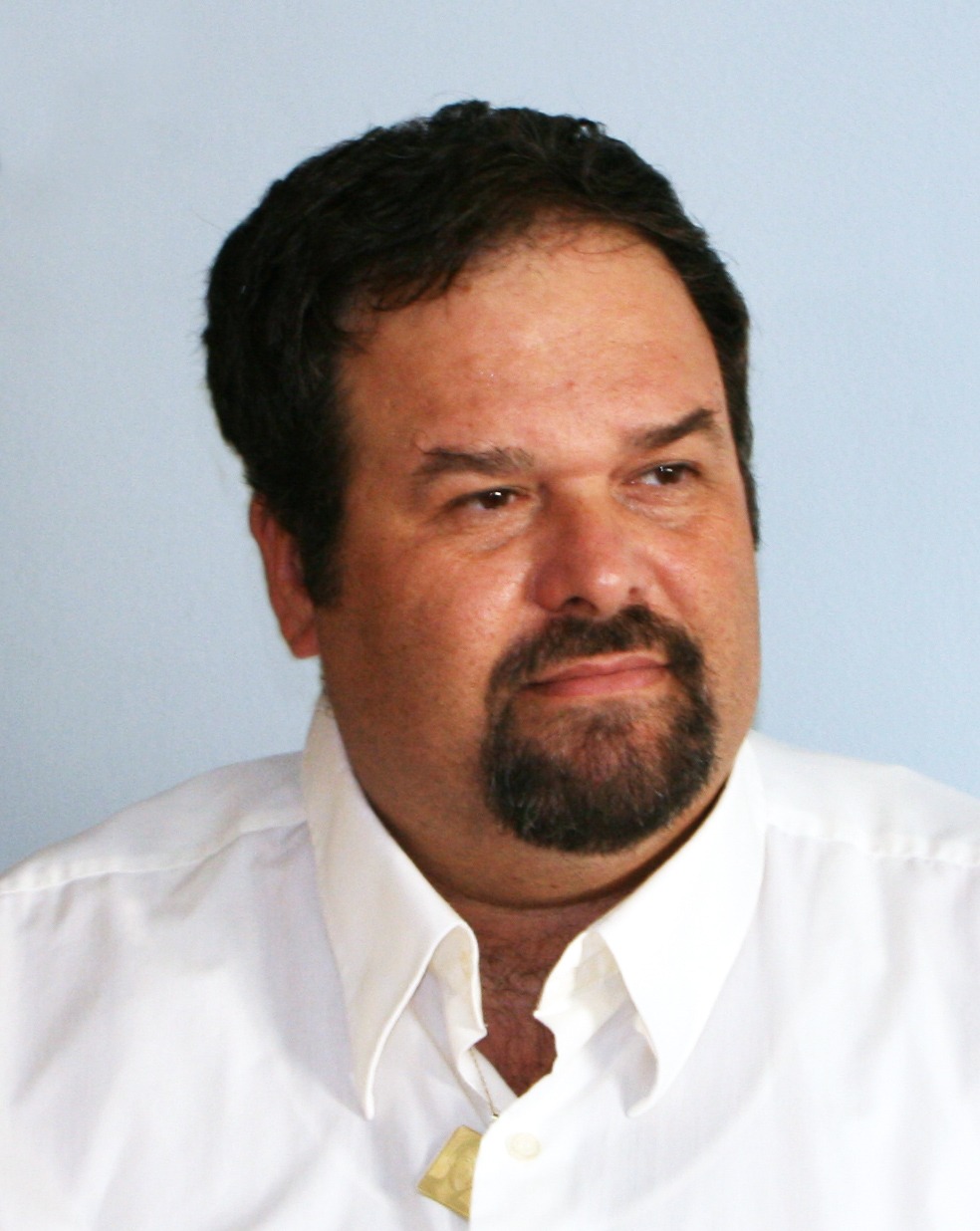 Yossi Segev
Yossi SegevHas the bereavement sharpened your leftist views, or were they always there?
"I was always very open to everyone, but following the bereavement, I started to feel just how terrible the reality imposed on us is, with a front that kills everyone on both the Israeli and Palestinian sides. The moment that mainly reinforced this feeling in me was when I watched a film about a 12-year-old boy from Jenin who was killed during the war, evacuated to Rambam Hospital, where his parents were told that there was no way to save his life, but his organs could be donated, and they were donated to Israeli children.
"This film changed something in my head, I felt like fireworks were exploding in my brain. Suddenly I saw the humanity on the other side, and I felt that our interests are essentially the same, and we must unite together to do everything possible so that no more children will be harmed, whether they are Palestinian or Jewish. So I became an extreme leftist, as they call it, I became very active in leftist organizations, and especially I am pleased that I joined the 'Reconciliation and Peace' forum that includes Israeli and Palestinian bereaved parents. I joined it four years after Nimrod was killed, and for 12 years now I have been one of the central activists in the forum."
Do you think that if Nimrod were here he would support your activities?
"At home, we didn't talk much about politics, so I don't know what his exact views were on the subject. But Ehud, my second son, does not identify with my activities, and since Nimrod's character was very similar to Ehud's, I assume that he would view this activity in a similar way, respectful but not very supportive. But this is my path, I see the human side behind the war and want to do everything possible so that no children die – not on the Palestinian side and not on our side."
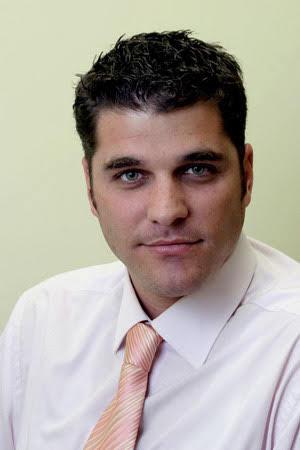 Nimrod Segev
Nimrod Segev
Disagree, But Respect
For a long time, Yossi has thought about turning his extensive activity since the attack into a book aimed at the entire Israeli public. "From my point of view, anyone who was lucky enough not to be part of the close circle of bereavement and knows it only from the media and the visits of the Prime Minister and President during the seven-day mourning period with bereaved families, cannot imagine what happens from the eighth day on, when you get up from sitting Shiva and the house screams from the silence, and when you look out the window you see the world continuing as usual. I thought it was worth telling this story, but to make it more interesting and significant, I suggested to Iris, who I had already known for several good years, to write the book together, and so we did.
"The idea was for each of us to write our own story from our own worldview and perspective, and thereby make the book's message much stronger and more significant; beyond that, I wanted to show the people of Israel that it doesn't matter if the other person thinks differently from you or looks different or dresses differently, our connection must remain tight and not disconnect. Yes, it's okay to disagree and you don't have to agree with everything, but mutual respect must remain. Both Iris and I believe this is how the normal situation should appear. It's not that we are different or strange, but it's natural to behave this way."
Iris, did you connect with the idea?
"Completely. From the very first moment, I told Yossi it was a brilliant idea. I very much believe there is a highly important message here for the nation. Two and a half years ago, we did not imagine that the book's preparation would end precisely at such timing, and that it would be published exactly in days when the division and rift in the nation would be so great. Although it is a message of importance always, it is undeniable that a higher power aligned the book's release for these days because this is the point of test."
What is the book about?
Iris: "At the beginning of the book, we present the stories of our sons, who made us bereaved parents and we talk about the difficulty in carrying the blow of bereavement and the way one has to learn to live with bereavement alongside life. Then each one of us talks about our activities and ideology, the most important things that give us strength, and then we reach the climax of the book, where the confrontation between us appears – each facing the other, with our extreme views, which are indeed extreme."
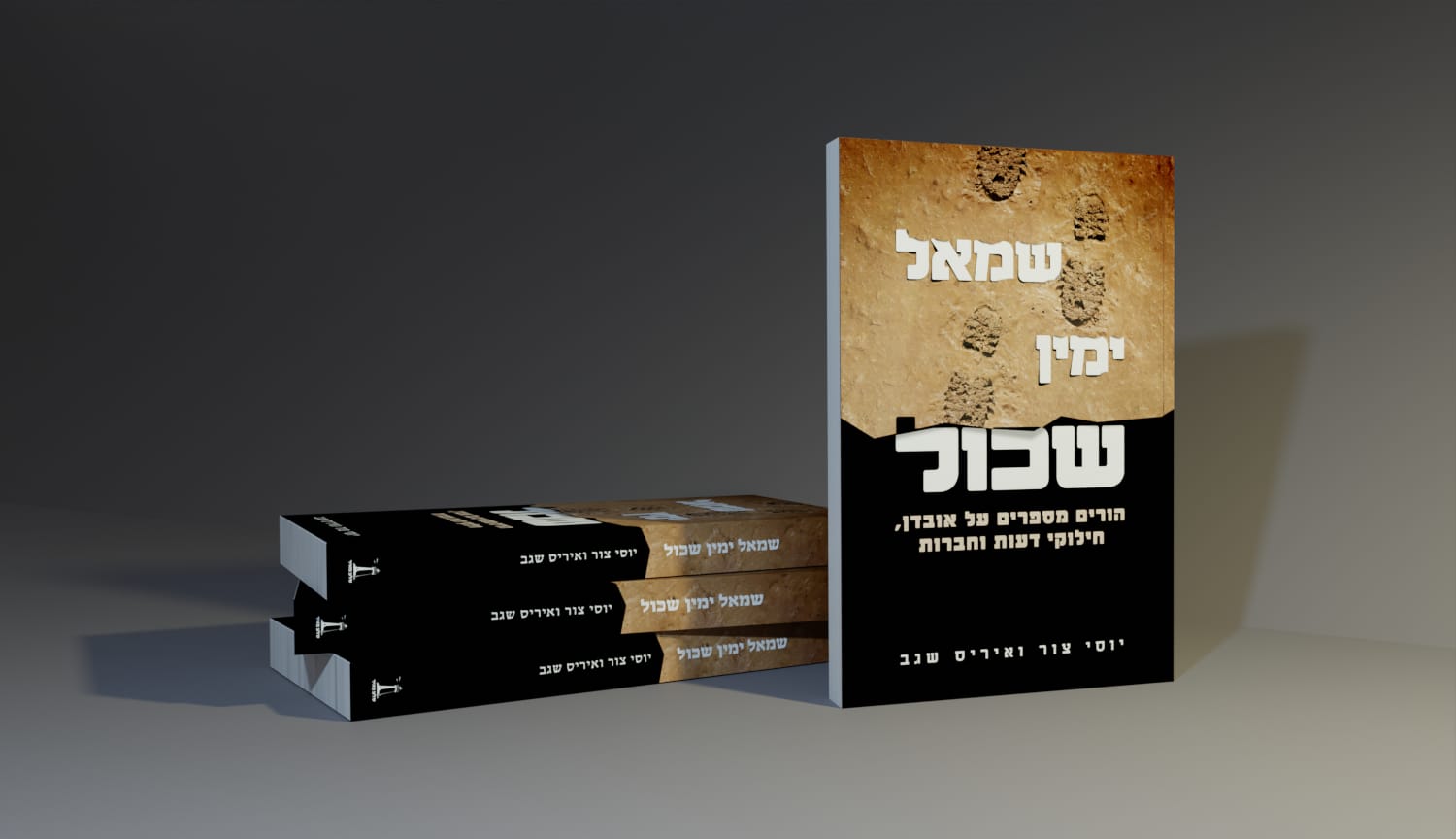
Are there topics where Yossi managed to convince you?
"In a categorical way, he did not convince me to stop my path. It continues to be exactly as it was in the past and I have no intention of stopping. But there are certain areas where Yossi mentions things I am willing to see his side on, such as when he talks about the terrorist who murdered his son and is about to be released these days; I understand his difficulty. Yes, I also don't think it's right to release such a terrorist with blood on his hands. But in the whole issue of releasing terrorists, I believe there are many things not colored in black and white, and sometimes releasing the prisoners can help create dialogue with the Palestinian side. Yossi thinks I am naive, but from my acquaintance with the ground, I know there are many Palestinian activists in prison without blood on their hands, and we often consider them 'terrorists' because, in Israel, the word Palestinian often equals terrorist, and that's not true. Not everyone in prison is a terrorist, and definitely, the Palestinians as a people are not all terrorists."
And you, Yossi, are there things you agreed with Iris on?
"Very few," he replies. "The only agreement we have is on the basis of the matter - what the state should look like in the future for our children and grandchildren. We both want security, peace, and calm here. There are small agreements here and there, like on the issue of politicians' visits to cemeteries on Memorial Day, about which we both think that Memorial Day holds significance not only in terms of its values but also in terms of its ceremonial nature, and if there are no state representatives at the ceremonies, it won't be the same Memorial Day. But at the core of things, we are very divided, especially around Iris's activity in the 'Jewish-Palestinian Families' organization whose ceremony on Memorial Day is, to me, an abomination, not true and just pokes a finger in the eye. Memorial Day is part of the Israeli ethos of those who fell in wars or by acts of terrorism directed against the state. This ethos does not include Palestinians or anyone else in any way."
Respect, Accept, Love
Do you feel that writing the book brings some consolation for the loss of your sons?
They fall silent for a moment, as if searching for words. "I think yes," Yossi finally answers, "although there is no sense that dulls the pain, I still feel it's like a large memorial campaign reaching many people in the country and abroad, all of them will read about Asaf and hear about him, so yes, there's a kind of consolation. But as I've noted, the pain remains, and it's part of our lives. Although I was told at the beginning that time heals, I discovered that it's not true regarding children because the more time passes, the more intense the pain feels. Especially this year when there is a special alignment of dates that doesn't happen every year – Memorial Day falls on the 25th, Independence Day on the 26th, and Asaf's 37th birthday on the 27th. We feel like we are on a roller coaster taking us up and down, it's going to be a very tough week."
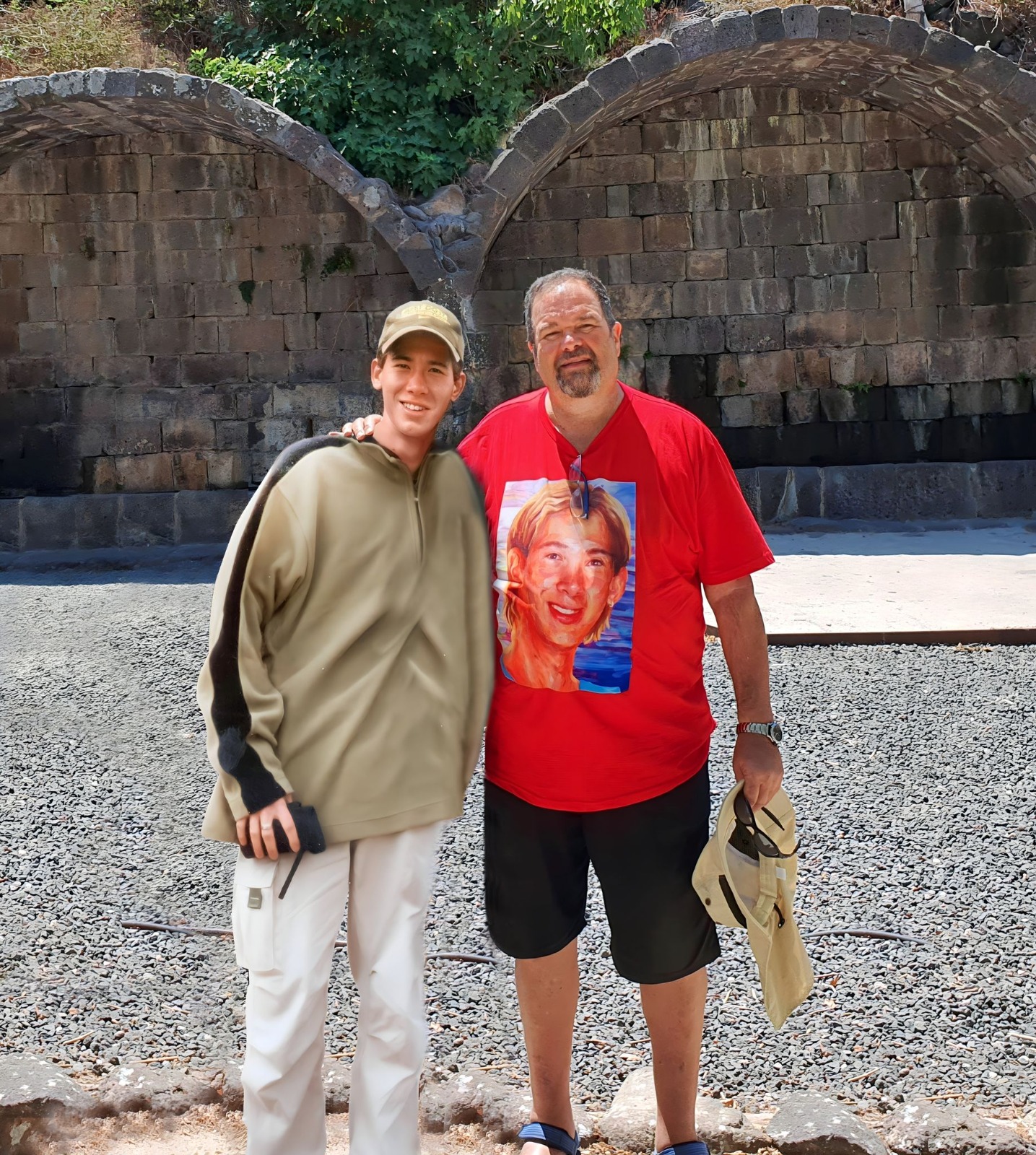 Photoshop image of Yossi and his son Asaf (Photo and editing: 'Tal Hacham, founder of the Photoshop Hacham Facebook group')
Photoshop image of Yossi and his son Asaf (Photo and editing: 'Tal Hacham, founder of the Photoshop Hacham Facebook group')"Nothing can really bring consolation because bereavement accompanies you all the time," Iris agrees, "There's no place that doesn't catch me, even in the smallest things, when I think about what to prepare for lunch and can't make food that Nimrod liked, and also can't cover the table with a cloth Nimrod once laughed at the color of. Every little thing reminds me of him, and now that Nimrod's son, who is our grandson, has grown up, I see how much he looks like his father, and it pinches the heart every time. You can't get over the pain. Nevertheless, it is clear that writing the book grants a lot of strength.
"By the way, these days the book is about to finish a crowdfunding project for its funding, and we are constantly excited that the book's support comes from all types of Israeli sectors, proving we have a wonderful nation and such good and sensitive people. The ones causing the trouble are mainly the media and politicians. So let's leave them out of the picture, and simply love and accept each other."

